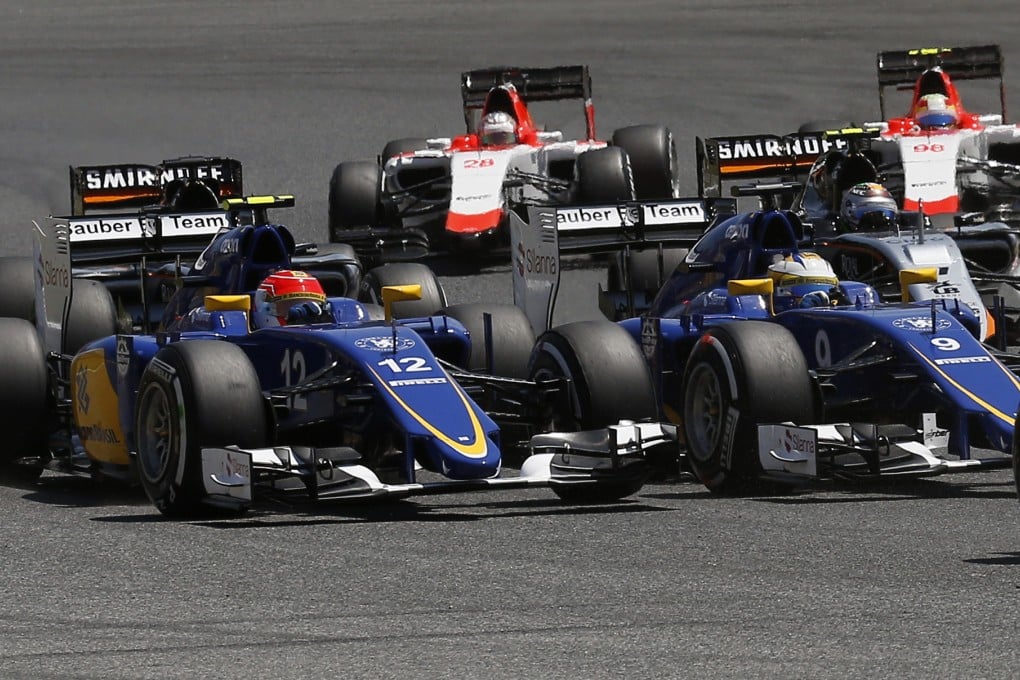Pit Stop | Expect change in Formula One - but not necessarily for the better
Administrators watch from the sidelines as 'Big Four' teams wrangle to soak up even more of the prize pot at expense of the minnows

Another week, another high-noon moment in Formula One. The great and the good of the sport have been meeting ahead of this weekend's grand prix in Monaco to make some sweeping changes to the sport.
It's called the F1 Strategy Group, and is made up of FIA president Jean Todt, F1 boss Bernie Ecclestone and representatives of Ferrari, Mercedes, McLaren, Red Bull, Williams and Force India.
They have been concerned that the sport was getting, to put it plainly, boring. So a raft of changes, of which the headline is the reintroduction of in-race refuelling. Although that is the headline grabber, other changes planned for 2017 include higher revving engines (because of a reduction in gears). This has the added advantage of making cars louder - something the racing purists have been pushing for - while keeping the hybrid engines - something the engine maker and car manufacturers want.
Bizarrely, Ferrari got almost £24 million more in prize money in 2014 than the world champions, Mercedes. Apparently Ferrari get a heritage bonus, something several teams receive as a way of tying them to the championship
Cars will get wider, the aerodynamics will look more aggressive, and they will be lighter. Tyres will be wider and there will be a wider selection.
All this means the cars will get quicker, by up to six seconds a lap, aided by the fact that the cars can keep a light, optimum fuel load. Formula One has gone backwards in recent years with lap times down by 10 seconds at some tracks compared with a decade ago.
Of course, the new rules mean more tinkering, one of the very things that has led to a decline in the popularity in the sport. If these changes can lead to a more stable period in the regulations, where drivers can actually race flat out all the time and not have to conserve tyres like they do sometimes now, then the sport might be on an upward curve.
However, it's not all unalloyed joy. In the run-up to these negotiations, a lot was made of the plight of the smaller teams. Donald Mackenzie, chairman of CVC Capital Partners, F1's owners, had turned up at the meeting to, you would have hoped, bang some heads together. He knows the current plight of the sport, and the fact the smaller teams can't compete on a level playing field, undermines the value of his product.
